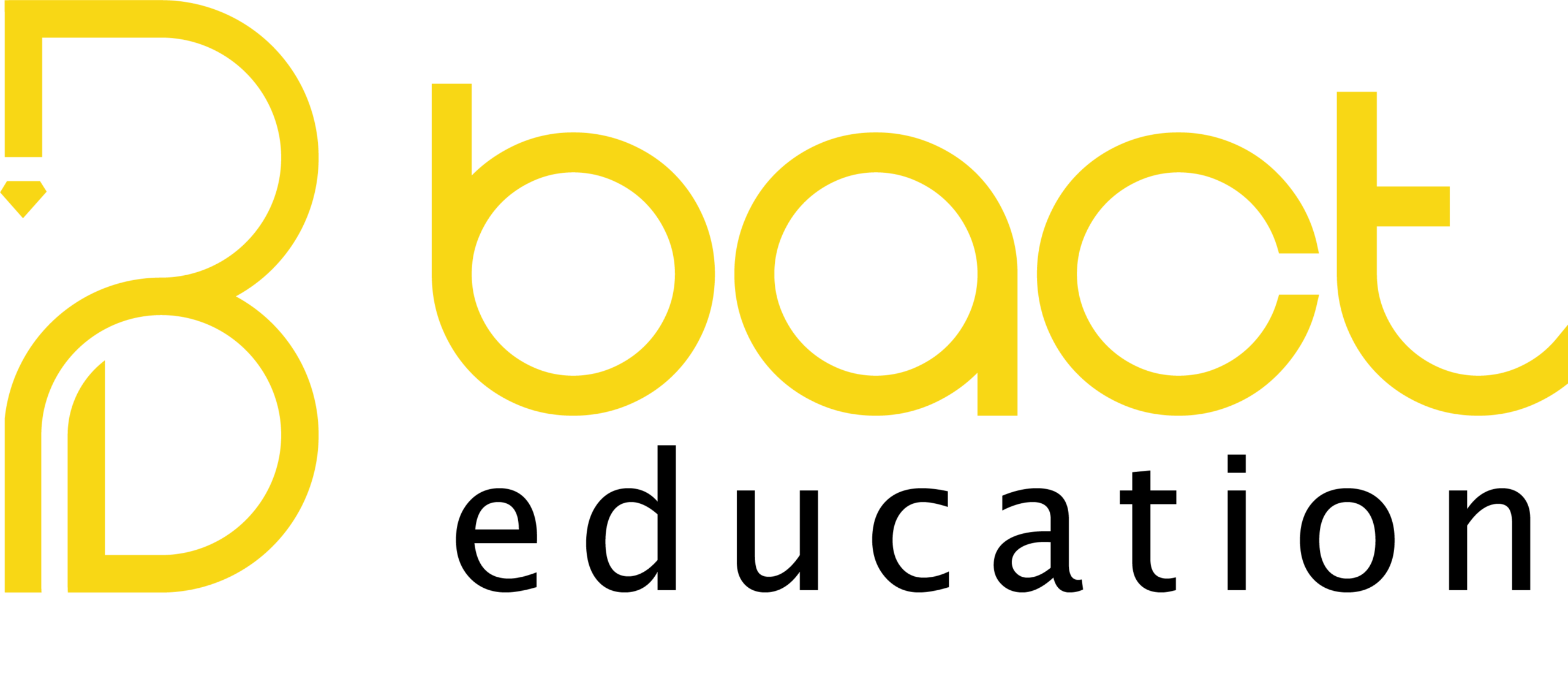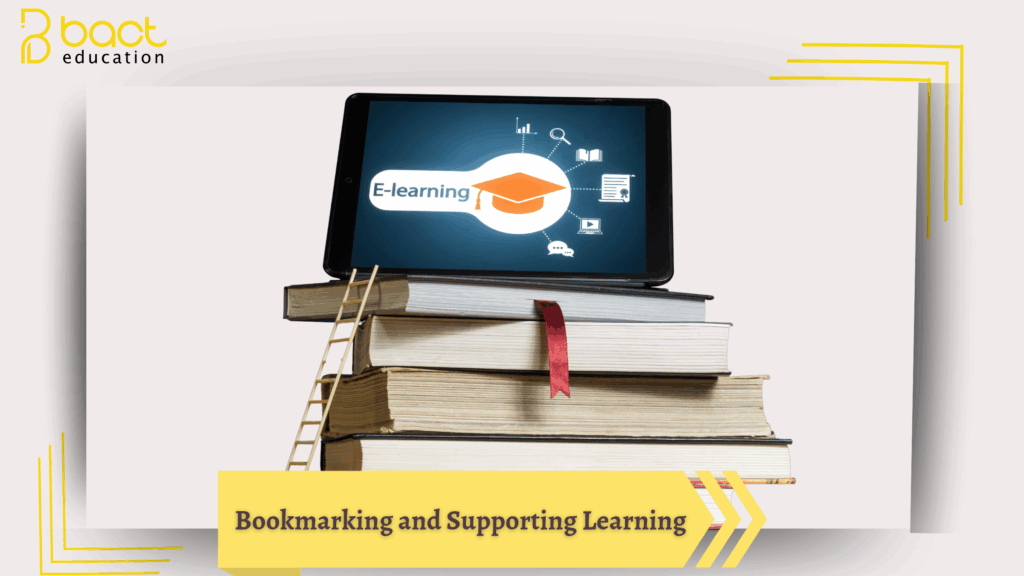Bookmarking and Supporting Learning
- Definition of Academic Bookmarking
Bookmarking, especially in its digital or social form, is an effective tool for organizing educational content online. It allows students to categorize links using tags, share resources with others, and access them from any internet-connected device. - Enhancing Information Management and Research Efficiency
Research indicates that using bookmarking tools such as Diigo and Delicious makes it easier for students to organize and share their resources more efficiently than traditional methods such as saving links in the browser. It also supports the development of research skills and collaborative contribution within classrooms. - Academic Research and Cognitive Skills
Multiple studies suggest that students who use social bookmarking develop the following skills:
- Critical thinking and metacognitive thinking.
- Positive motivation during learning and persistence in completing academic tasks.
- Better understanding of content and deeper awareness of information structures.
Moreover, using bookmarking within inquiry-based learning—for example, asking history students to bookmark online sources and then discuss them—contributes to building information literacy skills such as formulating research questions and practicing critical thinking.
- Experienced Users vs. Beginners
An empirical analysis of Connotea, an academic bookmarking platform, showed that experienced users tend to apply multiple tags to each bookmark, which enhances classification and enables faster retrieval. Beginners, on the other hand, often use only a single tag, which is less effective.
Conclusion
Bookmarking—particularly in its digital and social context—constitutes a powerful research tool that contributes to:
- Efficient organization and retrieval of knowledge,
- Enhancing collaborative learning and self-motivation,
- Developing critical thinking and self-directed learning skills among students.

